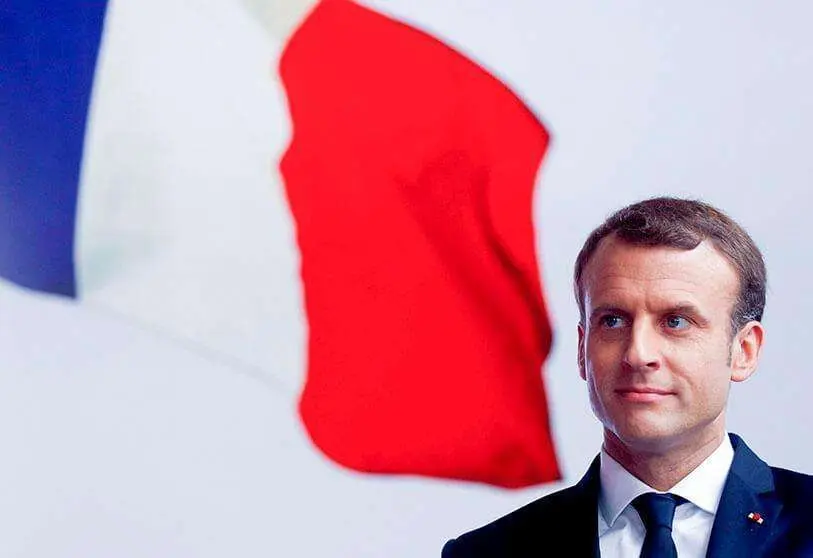Macron will win, but with Mélenchon as a gadfly

In keeping with the electoral tradition of the Fifth Republic, the first round of the general election has demonstrated the discontent of the French people with one, with the other, and even with each other. Aware that this is a two-way game, the first round saw a narrow victory for the New Popular Ecological and Social Union (Nupes), the coalition of the now ultra-leftist and insubordinate Jean-Luc Mélenchon. With 26.10% of the vote, it has a minimal lead over the Together coalition (25.81%), which claims to be at the service of the President of the Republic. Further behind is Marine Le Pen's National Rally (RN) (18.67%) and the Republicans (LR) with 11.31%. And, virtually out of contention, Reconquest (4.25%) whose leader Éric Zemmour has been eliminated in his own constituency.
This panel underlines the fragmentation of France and the weariness of an electorate frustrated by all the events that make it unhappy: skyrocketing cost of living, forced cutbacks in personal and family finances, lack of horizons, collective setbacks that greatly dampen France's sense of "grandeur", and finally the insecurities resulting from the turbulence of the global crisis.
Undoubtedly, a large part of the 26.10% of French people who elected Nupes in this first round express their confidence in the promises made to them by a Mélechon who has definitely come out on top. Cleverly, Mélenchon did not even stand in these legislative elections, which does not prevent him from claiming and demanding the post of prime minister if the second round confirms the results of the first round. It will therefore be a week in which the leader of this amalgam of the left will insist on what will be his first measures as soon as he occupies his office in the Palais de Matignon, the prime minister's headquarters: price freezes, setting the minimum wage at 1,500 euros, retirement at the age of 60 and a permanent job for the 800,000 interim civil servants, just as a start.
Promises that, as the no less cunning and devious François Mitterrand once said, only compromise those who believe them, because neither the Nupes will win the final tally of these elections nor will Mélenchon be prime minister, whose appointment depends on the will of the president of the Republic, who does not necessarily have to choose him from among those who occupy a seat. It is true that there is nothing written to oblige him to cohabit with a party or coalition that obtains a respectable number of votes and seats but, unless the French have fallen into general paranoia, the Nupes will not win the second round, in which only the two candidates who came out on top in the first round compete for the seat. This is what is known as a run-off, a final contest in which the Macronist candidates of Juntos will surely pick up the votes of the LR and even those of quite a few voters who were once socialists and are now completely disoriented by the maximalist proposals of the leader of France Insoumise.
If the French rationalist tradition prevails again, i.e. if voters have been able to let the bile of their anger out in the first round and, more relaxed and calm, think seriously about which ballot they will cast next Sunday, Emmanuel Macron could find himself supported by an absolute majority of the 577 seats in the Chamber of Deputies. And, in the worst-case scenario, he will have the missing seats among the ranks of the LR conservatives.
In any case, the foreseeable 200 seats, more or less, that the Nupes could win would make it a tough opposition that, like a stinging gadfly, would become a constant counterpoint to Emmanuel Macron's policies and projects. Mélechon would wield this parliamentary backing as a source of legitimisation both to justify the foreseeable pressure from the street, spontaneous or duly agitated, and to set himself up as a blocking minority in many bills, whose successful implementation requires, more than a simple parliamentary majority, the consensus and agreement of both the political class and the citizens in general.

